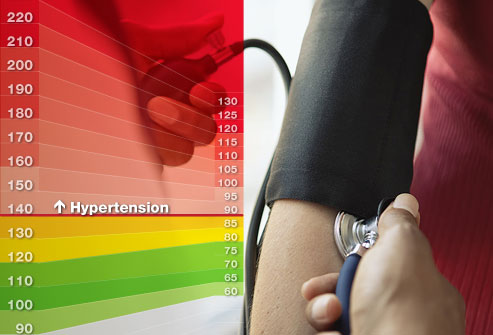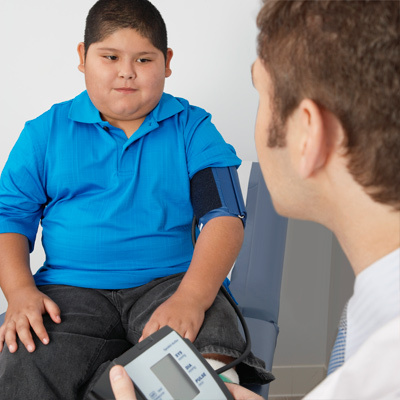Resistant hypertension increases the risk of stroke by 35 per cent in women and 20 per cent in elderly patients, according to new research.
The findings presented at the European Society of Cardiology (ESC) Congress in Barcelona by Dr Kuo-Yang Wang from Taiwan suggest that gender and age should be added to the risk stratification of resistant hypertension to enable more appropriate treatment decisions.
“Hypertension is one of the most important risk factors for cardiovascular disease. Patients with hypertension that do not respond to conventional drug treatments, called resistant hypertension, are at even higher risk of cardiovascular morbidity and mortality,” Wang said.
“Little is known about the prognosis of resistant hypertension in the Asian population. Our study compared the risk of all-cause mortality, acute coronary syndrome, and stroke between patients with resistant hypertension and non-resistant hypertension.
“We aimed to discover the impact of resistant hypertension on Taiwanese patients, and to ascertain whether patient characteristics influence the association between resistant hypertension and adverse outcomes,” said Wang.
Patients with hypertension aged 45 years and older were identified from the National Health Insurance Research Database. Medical records of 111,986 patients from 2000 to 2011 were reviewed for this study.
Some 16,402 (14.6 per cent) patients had resistant hypertension. The risk of major adverse cardiovascular events (MACE; a composite of all-cause mortality, acute coronary syndrome, and stroke) in patients with resistant hypertension and non-resistant hypertension was analysed.
The researchers found that 11,856 patients experienced MACE in the average 7.1 year follow up period. Patients with resistant hypertension had a 17 per cent increased risk of MACE compared to those with non-resistant hypertension.
When the researchers analysed the risk of different types of cardiovascular events separately they found that compared to patients with non-resistant hypertension, patients with resistant hypertension had a 17 per cent increased risk of stroke and a 34 per cent increased risk of ischaemic stroke but no increased risk of all-cause mortality or acute coronary syndrome.
“Our study shows that patients with resistant hypertension have higher risks for cardiovascular events than those with non-resistant hypertension. The elevated risks mainly contribute to increasing stroke events, especially ischaemic stroke,” Wang said.
Subgroup analysis showed that resistant hypertension increased the risks of stroke in females by 35 per cent and in elderly patients by 20 per cent. However, no significant influence was noted in young or male patients
Source: Business line



